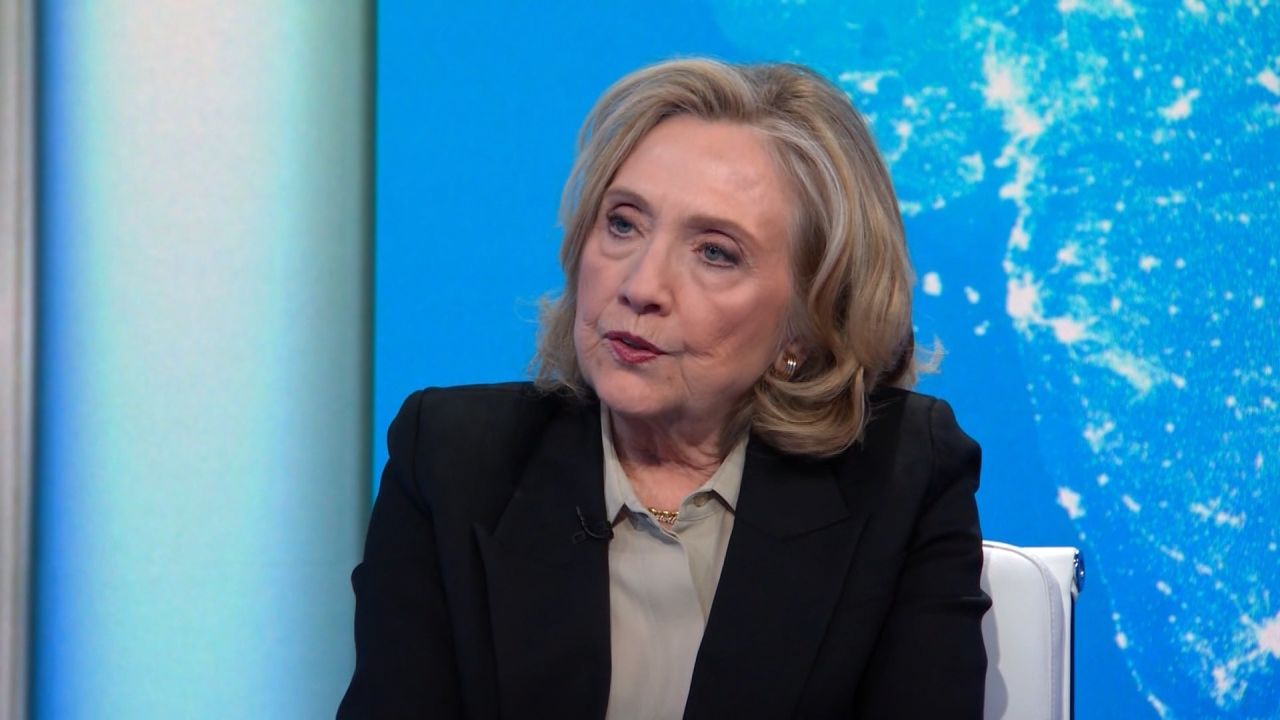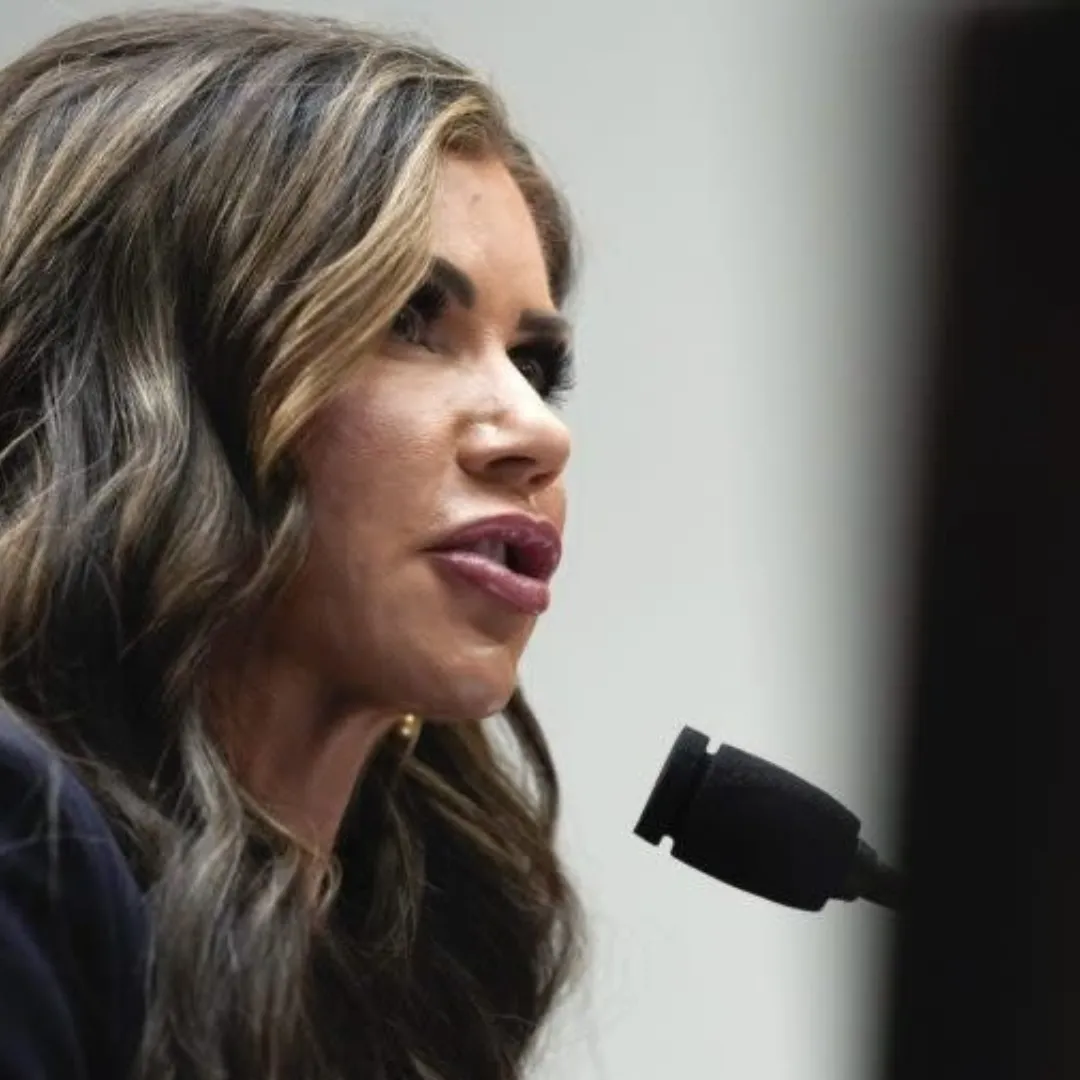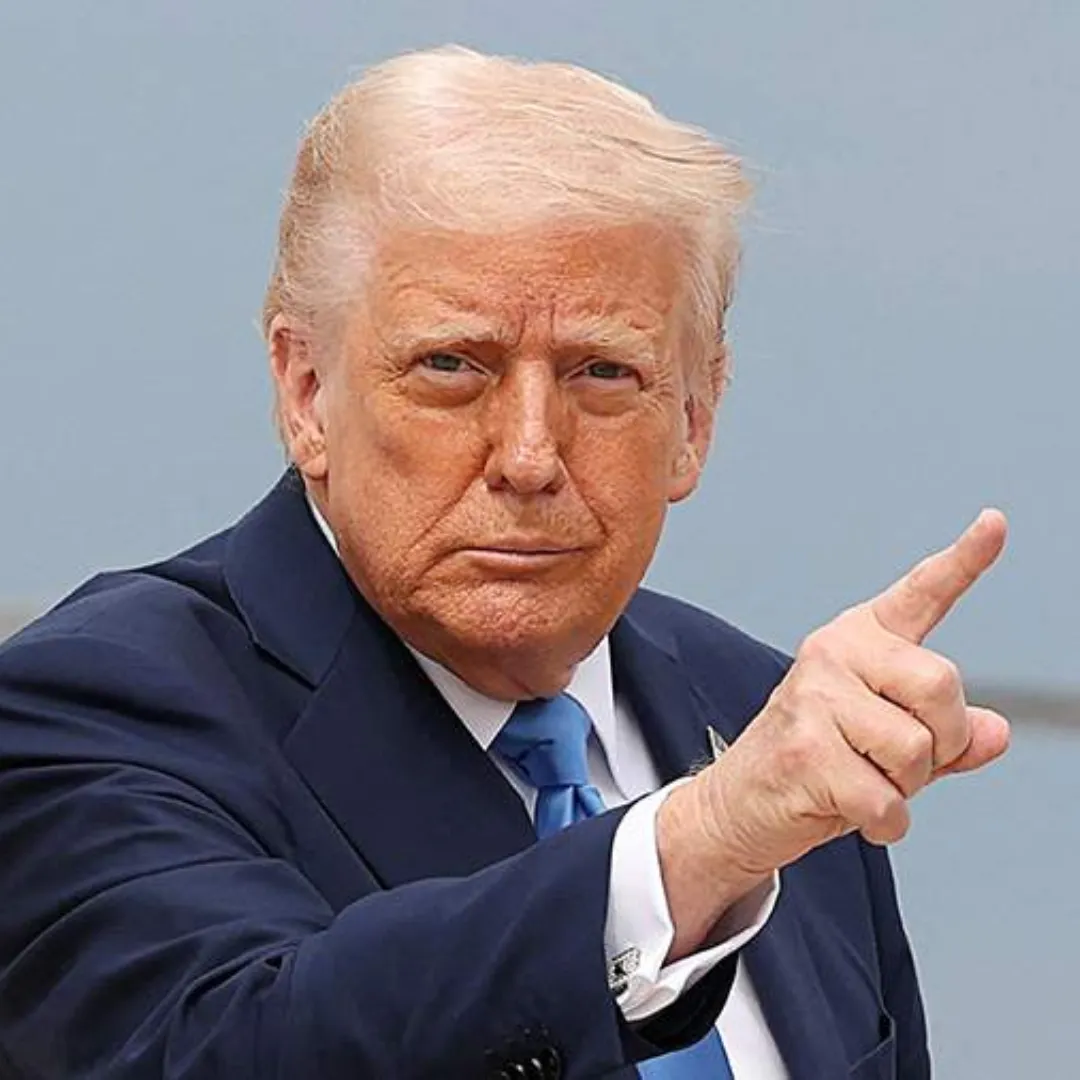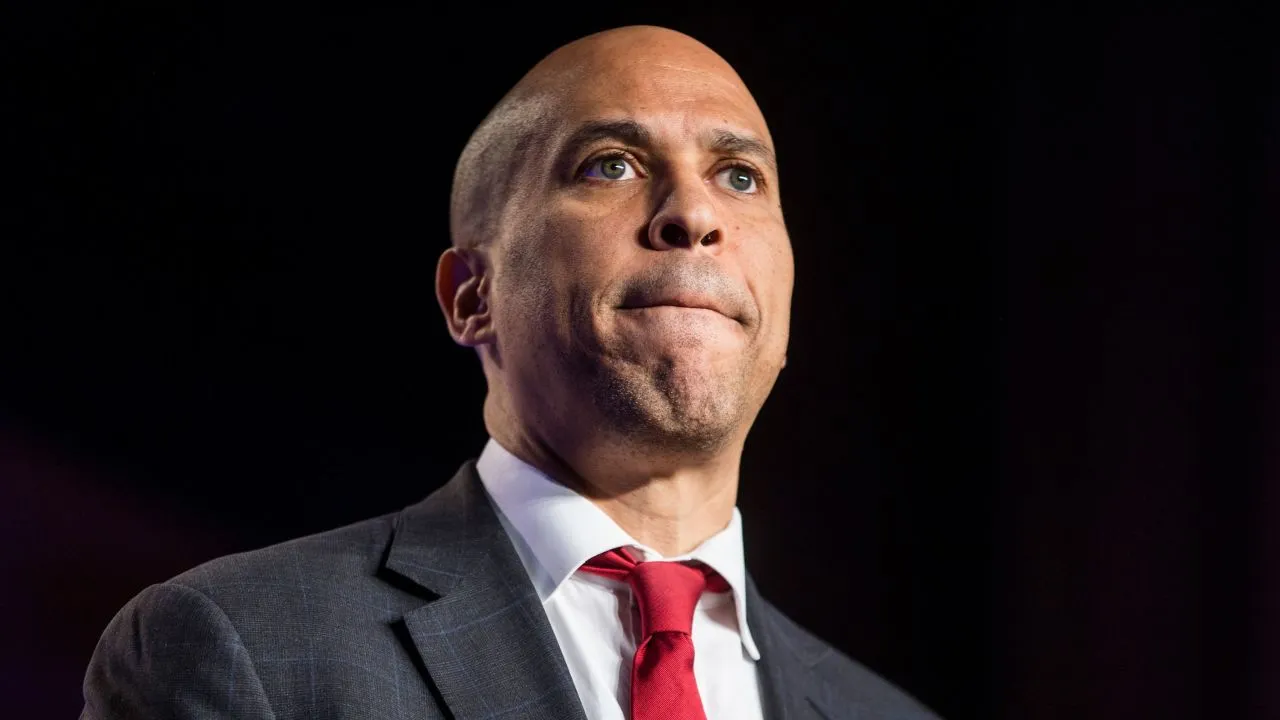
Former Democratic presidential candidate Hillary Clinton expressed shock and disbelief on Monday over a report from The Atlantic, which revealed that its editor-in-chief, Jeffrey Goldberg, was inadvertently included in a private group chat on Signal, where top officials from the Trump administration discussed sensitive details about an attack on Houthi rebels in Yemen.
Clinton, who has long been a prominent figure in American politics, shared her astonishment on social media, writing, "You have got to be kidding me," followed by an eye-rolling emoji, as she shared the article on X. The message was clear: Clinton was taken aback by the implications of such a breach of communication, especially given her own highly publicized controversy over the use of a private email server during her tenure as Secretary of State under President Barack Obama.
Clinton's use of a private server to handle classified emails while in office was one of the most contentious issues of the 2016 presidential campaign. She faced relentless criticism from then-candidate Donald Trump and his supporters, who sought to turn her email scandal into a key narrative in the race.
Now, the revelation that top officials from the Trump administration had casually included a journalist in a private and unsecured Signal chat about military operations has reignited concerns about the handling of sensitive information in the political sphere.
The report by Goldberg, published on Monday, described how he was inadvertently added to a group chat with top Trump administration officials. The chat centered on details of U.S. military strikes on Houthi rebels in Yemen, which took place earlier this month.
Goldberg revealed that the group chat was called the “Houthi PC small group,” and it contained discussions about the specifics of the attack, including weaponry, targets, and timing.
Goldberg described how national security adviser Mike Waltz first connected with him on Signal on March 11, and two days later, he was invited to join the group chat. According to Goldberg, it appeared that Waltz and others were unaware that he had been added to the conversation.
The result was an accidental leak of sensitive national security information, which included screenshots of the conversation itself, outlining the planned attack on the Houthis.

The timing of the leak has drawn attention, especially given that Defense Secretary Pete Hegseth reportedly shared details of the attack, including weapon systems, targets, and attack sequencing, two hours before the strikes began on March 15. The group chat also included top officials like Vice President Mike Pence, Secretary of State Marco Rubio, Director of National Intelligence Tulsi Gabbard, and CIA Director John Ratcliffe.
In response to the revelation, President Trump, through a statement issued by press secretary Karoline Leavitt, downplayed the significance of the breach, asserting that the attacks on the Houthis had been highly successful. “As President Trump said, the attacks on the Houthis have been highly successful and effective.
President Trump continues to have the utmost confidence in his national security team, including National Security Advisor Mike Waltz,” the statement read.
Despite the administration's attempt to brush off the concerns raised by the leak, the incident has triggered renewed debate about the security of government communications and the potential risks posed by lax handling of sensitive information. The inclusion of Goldberg, a respected journalist, in a high-level group chat designed for top officials raises questions about the oversight of secure communication channels and whether the Trump administration has been adequately vigilant in protecting national security secrets.
While the breach was significant, it is not the first time that the Trump administration has faced scrutiny over its handling of classified information. In fact, the incident has evoked comparisons to the infamous email controversy that haunted Hillary Clinton during her 2016 presidential campaign.
Clinton's use of a private email server to manage classified communications was investigated by the FBI, and then-director James Comey ultimately concluded that while Clinton was “extremely careless” in her handling of the emails, there was insufficient evidence to warrant criminal charges. The investigation, however, dominated headlines and became a focal point of Trump’s campaign, with his supporters seizing on the issue to paint Clinton as untrustworthy and reckless.
The email scandal eventually led to Clinton’s tarnished reputation and, some argue, played a role in her unexpected loss to Trump in the 2016 election. It remains one of the most prominent controversies in modern American politics, especially given the ongoing discussions about transparency, accountability, and the handling of classified information.

Clinton’s critics, including Trump, used the controversy to question her judgment, and it became one of the defining issues of her campaign.
Now, the spotlight has shifted back to the Trump administration, where a similar pattern of carelessness surrounding national security information has emerged. The Signal leak underscores the ongoing vulnerabilities in the handling of sensitive materials, regardless of which party is in power.
Clinton’s surprise at the breach is understandable, given the fact that her own handling of classified information was a major issue in her political career.
Goldberg’s reporting on the Signal chat comes at a time when the political climate is already fraught with tension, and the leak of sensitive national security information further intensifies the scrutiny surrounding the Trump administration’s approach to governance. As the president continues to face challenges on various fronts, including impeachment proceedings, the fallout from this communication breach may further erode confidence in the administration's ability to manage national security.
Clinton’s response to the The Atlantic report—characterized by disbelief and a hint of irony—also speaks to the deep divisions within the American political system. Her social media post, which succinctly captured her surprise, pointed to a glaring inconsistency between the criticism she faced for her email server and the casual handling of classified information by the Trump administration.
Clinton’s use of the eye-roll emoji is particularly telling, signaling her frustration with the hypocrisy that many in the political world perceive as rampant in Washington.
As the story continues to unfold, questions about the security of government communications and the transparency of elected officials are likely to remain at the forefront of political discussions. The incident also serves as a reminder that, despite the best efforts of politicians to control the narrative, mistakes—especially those involving sensitive information—have a way of coming to light.
In addition to the concerns over national security, the Signal breach also raises important questions about the role of the media in the modern political landscape. Goldberg’s involvement in the chat has sparked a broader conversation about journalistic ethics and the responsibilities of reporters when they gain access to sensitive or classified information.
Should journalists act as passive recipients of such information, or should they actively seek to expose the truth, regardless of the consequences?

In the case of The Atlantic, Goldberg made the decision to report on the Signal chat, but not before verifying its authenticity and ensuring that it was in the public interest. The ethical considerations surrounding the publication of sensitive information are not new, but in an era of digital communication, they have become even more pressing.
As more government officials turn to encrypted messaging platforms like Signal to conduct business, the risks of accidental leaks—and the ethical challenges of handling such leaks—will continue to grow.
Ultimately, the Signal chat leak is yet another chapter in the ongoing saga of information security in the digital age. Whether the incident leads to any significant reforms in the way that classified information is handled, or whether it simply becomes another headline in the never-ending cycle of political controversy, remains to be seen.
But what is clear is that the mishandling of sensitive national security information continues to be a central issue in American politics, and both parties will likely find themselves grappling with the consequences for years to come.



